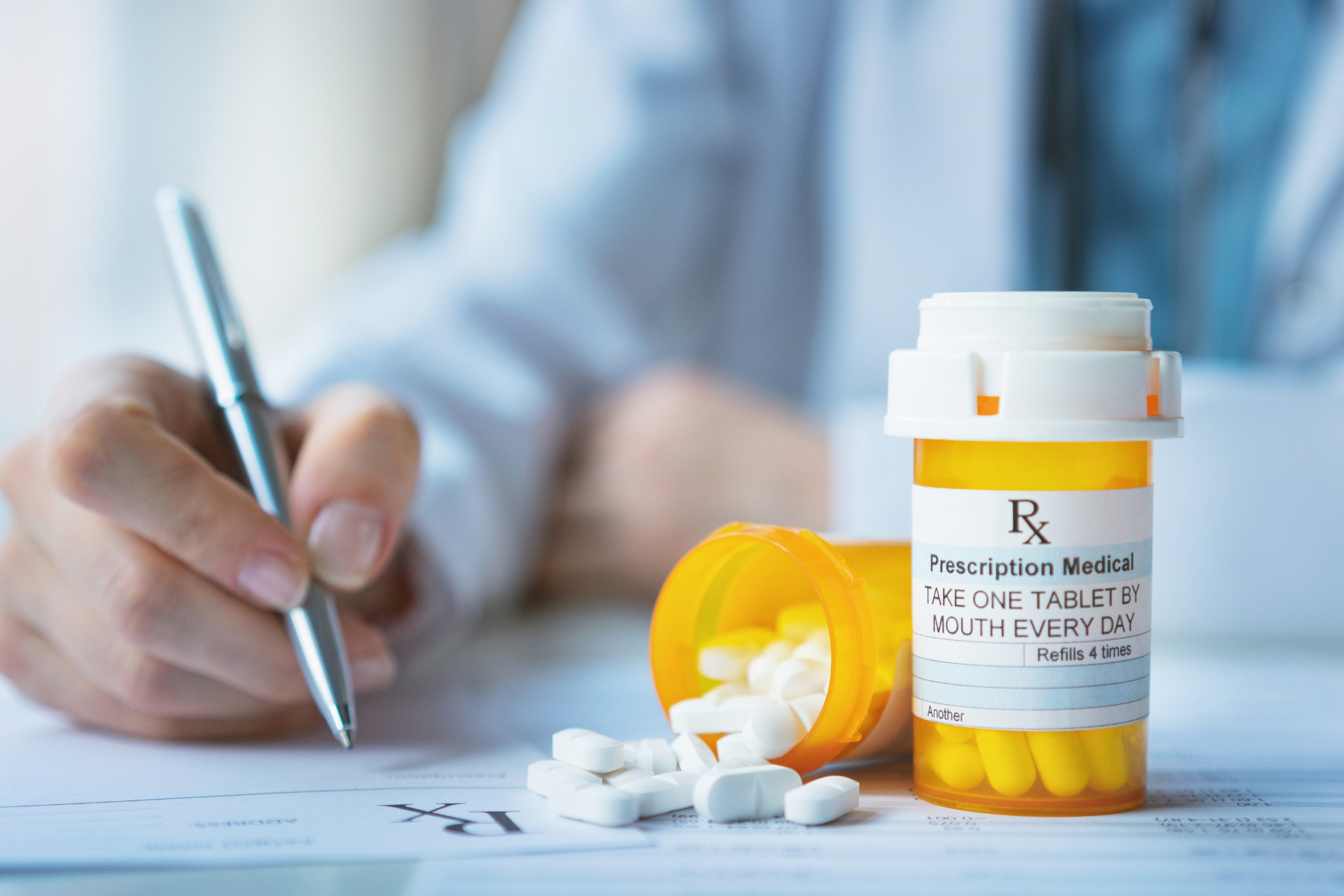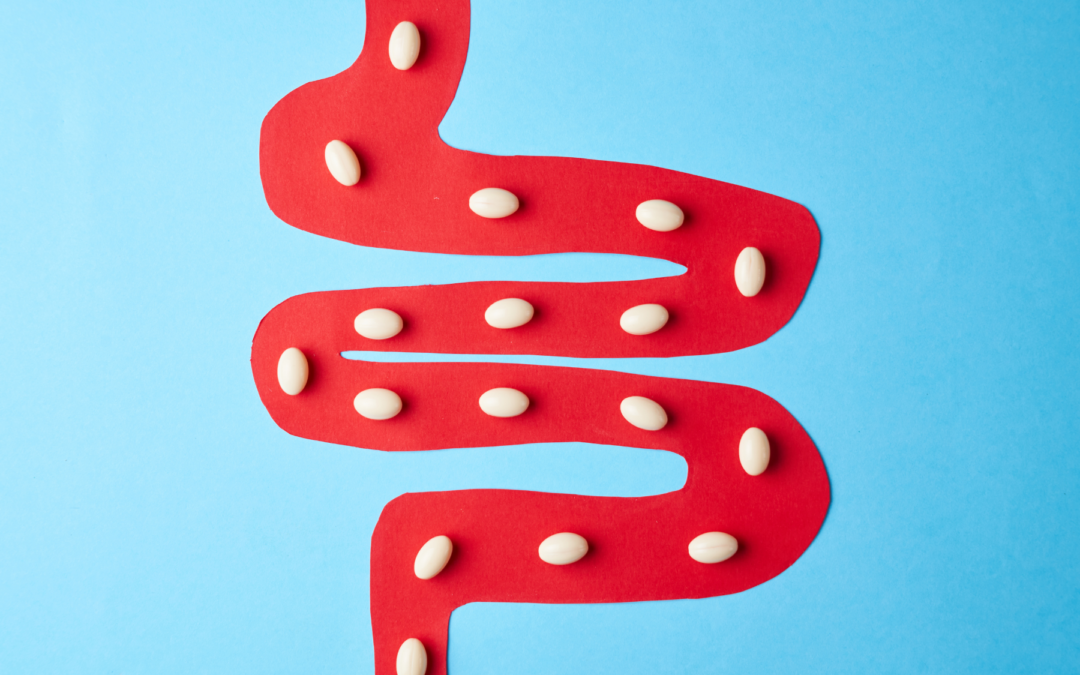The impact of cholesterol-lowering medications on blood glucose levels is less well-known but has been gaining some traction. Understanding this connection is crucial for comprehensive health management. If you take a cholesterol-reducing medication then keep on reading!
Cholesterol Medications Overview
Commonly prescribed cholesterol-lowering medications include statins, fibrates, and bile acid sequestrants. These drugs aim to manage lipid profiles by reducing levels of LDL cholesterol (the “bad” cholesterol) and triglycerides while increasing HDL cholesterol (the “good” cholesterol).
The Science Behind the Link
Research suggests a potential connection between cholesterol medications, particularly statins, and blood glucose levels. Let’s explore the scientific mechanisms that underlie this intriguing relationship:
- Insulin Sensitivity:
- Some studies indicate that statins may impact insulin sensitivity. Insulin is a hormone responsible for regulating blood sugar levels. Any alteration in insulin sensitivity could affect how efficiently cells utilize glucose.
- Inflammation and Glucose Metabolism:
- They may influence inflammation levels in the body. Inflammation plays a role in insulin resistance, a condition where cells become less responsive to insulin. This can lead to elevated blood glucose levels.
- Liver Function:
- They often target the liver, where cholesterol synthesis occurs. The liver also plays a vital role in glucose metabolism. Changes in liver function could potentially influence blood glucose regulation.
- Genetic Factors:
- Individual responses to medications vary based on genetic factors. Some individuals may experience alterations in glucose metabolism due to their unique genetic makeup.
Research Insights
Several studies have explored the relationship between cholesterol medications and blood glucose levels:
- A study published in the American Journal of Cardiology found that statin use was associated with an increased risk of developing type 2 diabetes, particularly in postmenopausal women.
- The Journal of the American College of Cardiology reported that certain statins may impact insulin sensitivity, potentially affecting glycemic control.
Clinical Implications of Cholesterol Medications
Understanding the potential impact of cholesterol-lowering medications on blood glucose levels has clinical implications, especially for individuals at risk of or managing diabetes. It underscores the importance of regular monitoring and personalized healthcare plans.
Conclusion
As registered dietitians, our commitment is to provide evidence-based insights into the complex interactions between medications and physiological functions. The relationship between cholesterol-lowering medications and blood glucose levels is an evolving area of research, emphasizing the need for personalized healthcare strategies.
Individual responses to medications vary. Ongoing research will contribute to refining our understanding of this intricate connection, enabling us to offer more tailored guidance for our client’s well-being.







